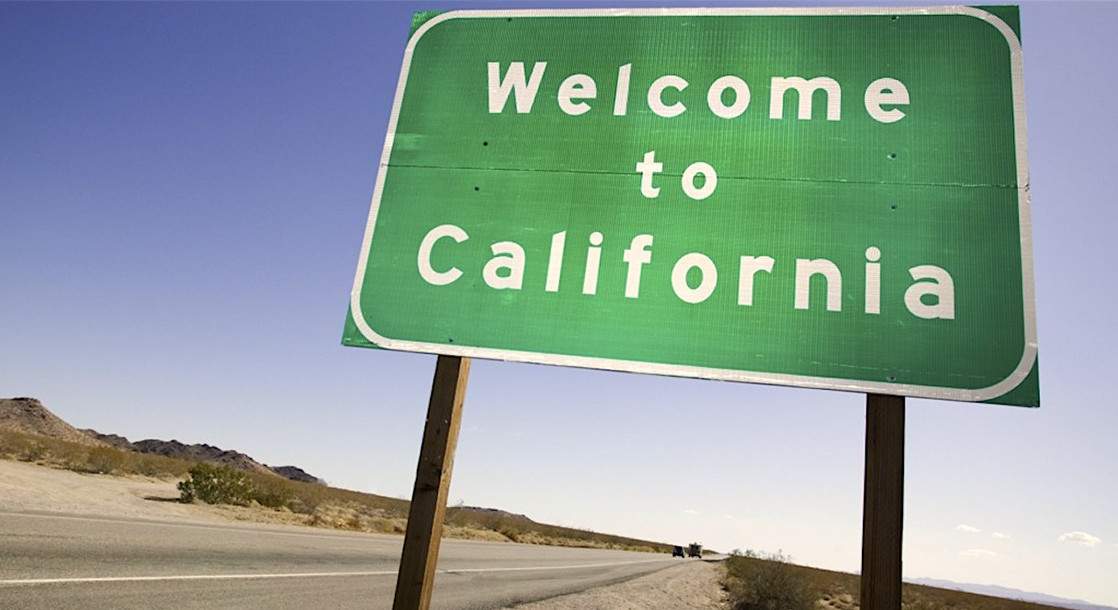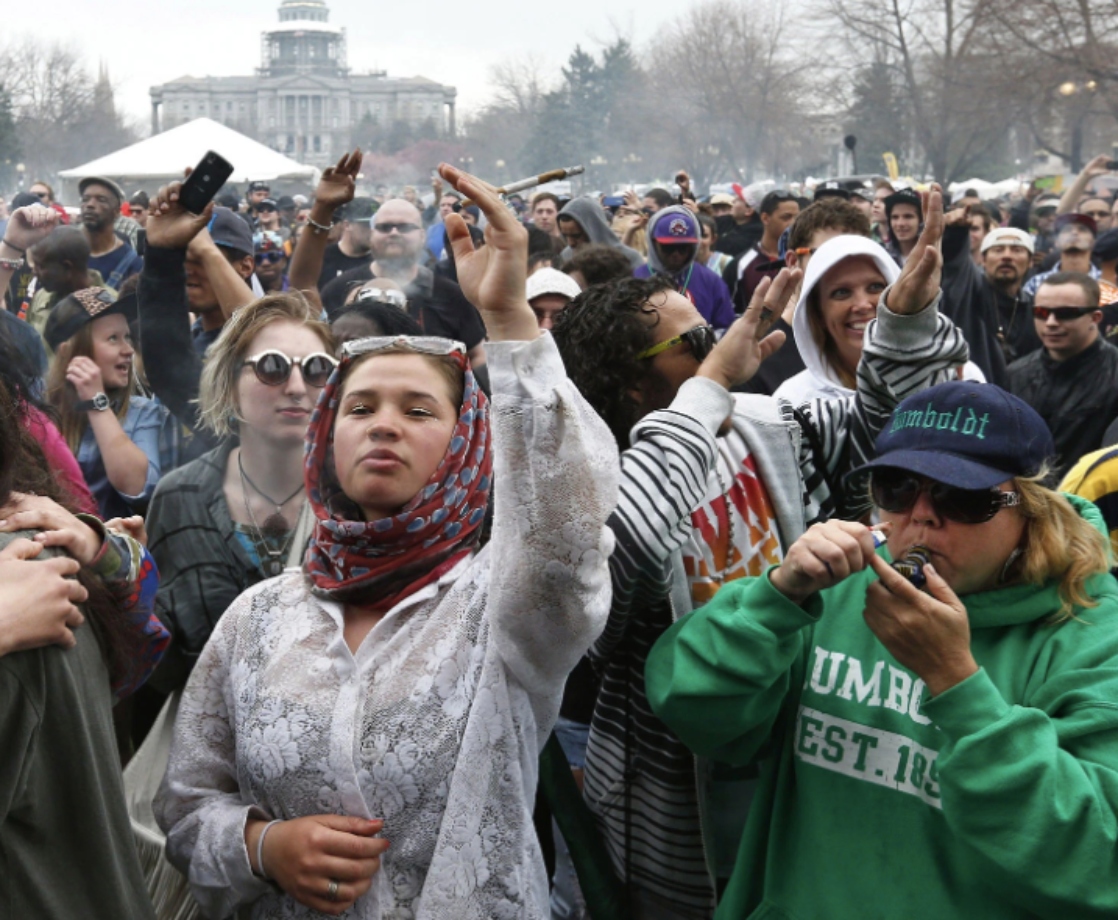As many of you already know by now, the upcoming election on November 8th will have a major impact on the direction of the country’s cannabis industry, especially in the state of California. Next week, local voters will gather to decide yes or no on California’s Proposition 64, an initiative that would legalize recreational marijuana across the largest US state.
At first glance, the proposition might seem like a clearcut YES vote, but a fair amount of opposition has come from cannabis growers and companies already operating in the state, many of whom feel that Prop 64 will drive their smaller businesses out in favor of an eventual corporate cannabis takeover. Despite this concern, recent polls still show the legislation will likely pass, and local municipalities are vigilantly preparing for recreational cannabis to take effect.
Cities such as San Jose have been considering taking actions that would prohibit growing, processing, and selling weed for commercial purposes, hoping to buy themselves time to figure out how to properly regulate the impending recreational market. The City Council is currently thinking about adopting an urgency ordinance that would prohibit commercial use of non-medical marijuana in the city, which would effectively ban commercial cultivating, processing, manufacturing, distributing, testing, and selling of recreational cannabis.
Another Bay Area-based city, Berkeley, recently approved a policy that will ban recreational cannabis businesses from opening until the city crafts their own regulatory system and licensing process. Other local municipalities, such as Palo Alto, Campbell, Foster City, Hayward, Davis, and Martinez, are pushing for similar temporary bans or regulations before the November 8 vote. The argument for these regulations seems to revolve around the concern that recreational cannabis will lead to “pot shops on every corner”, a reasoning that is considered silly by many.
"This is a complete and utter waste of time,” James Anthony, an Oakland-based attorney who specializes in pot regulation, said to Mercury News. “They don’t have the power to change the fact that marijuana will be legal on Nov. 9. They’re making it look like Prop. 64 is a scary thing that allows pot shops on every corner — and it’s the complete opposite.”
Even if Prop. 64 passes, these recreational cannabis companies will still need to obtain a local license before a state one can even be granted, making the over-saturation of pot shops in local cities highly unlikely. But these cities still fear recreational pot passing without a proper framework and a sound foundation, which has led them to take matters into their own hands and set restrictions prior to the big vote next week.











